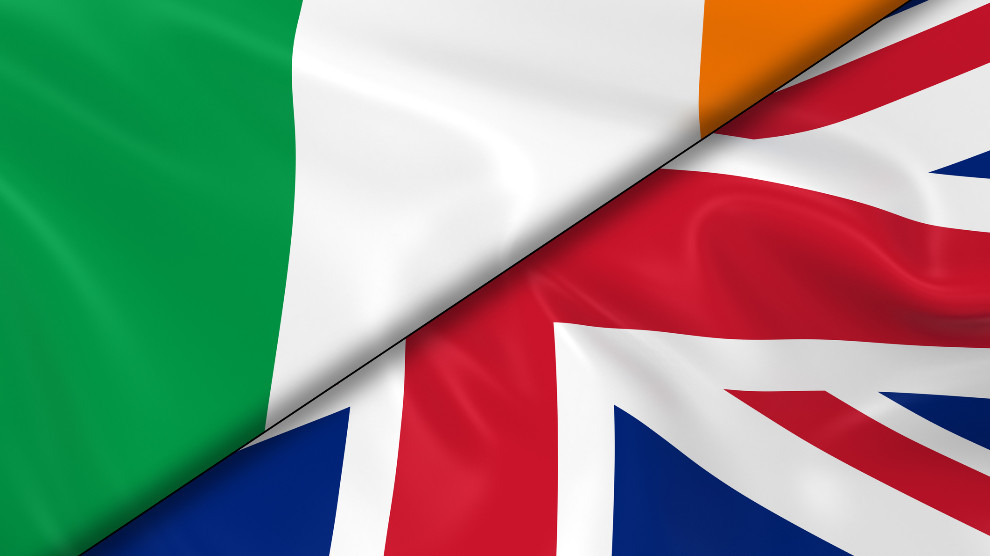Macron: Irish reunification will solve Brexit problem
Macron implied that Mr Johnson did not take seriously enough the risk of reviving the conflict in Ireland.
Macron implied that Mr Johnson did not take seriously enough the risk of reviving the conflict in Ireland.

The French President Emmanuel Macron has said Irish reunification and integration of the entire island in the EU “would solve all the problems” of Brexit, “but it is not up to France”.
He and British Prime Minister Boris Johnson and other EU leaders have agreed to work through September for an agreement between the EU and Britain on a negotiated Brexit.
However, Johnson is still insisting that the previously agreed ‘backstop’ to prevent Britain’s border through Ireland from becoming remilitarised must be removed, despite the insistence of Irish and EU negotiators that it must remain.
Following his meetings with Mr Macron and German chancellor Angela Merkel this week, the EU have said they will listen to proposals to change the withdrawal agreement by inserting “alternative arrangements” to the backstop in the coming weeks.
Johnson’s Brexit is set to take the north of Ireland out of the EU against its will in an action that largely nullifies the 1998 Good Friday peace Agreement.
Mr Macron today insisted any accord on Britain’s departure from the EU must guarantee the stability of Ireland. He stressed the legacy of the conflict in the Six Counties and the need to protect the peace there.
Mr Macron said: “The key elements of the withdrawal agreement and the Irish backstop are not just technical constraints or legal quibbling. They are genuine, indispensable guarantees to preserve stability in Ireland and the integrity of the single market, which is the basis of the EU.”
In an earlier meeting with journalists, Mr Macron implied that Mr Johnson did not take seriously enough the risk of reviving the conflict in Ireland.
“There are still families whose children, brothers and sisters died in this conflict,” the French president said. “To think of reviving that, because it suits us, would be irresponsible. I consider that Irish peace is European peace. We must not allow it to be threatened by a political and institutional crisis in Britain.”